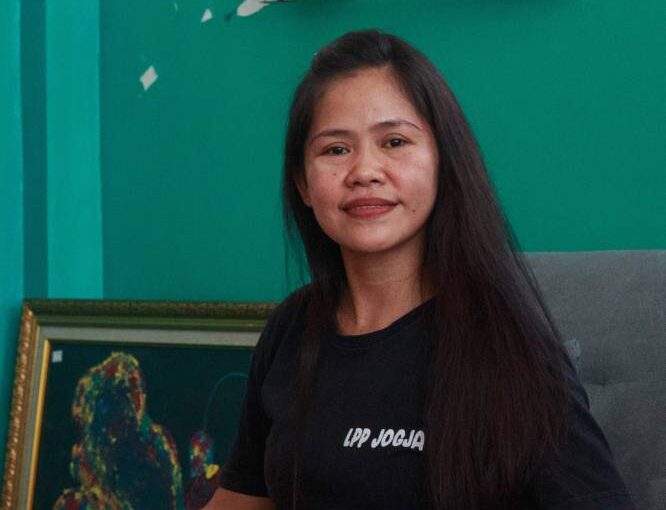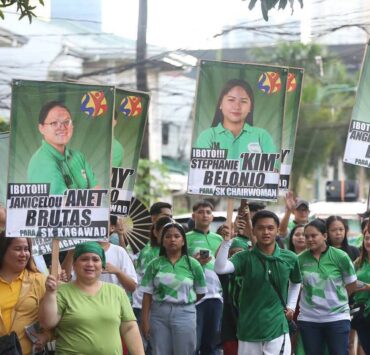Marcos urged to act on Mary Jane Veloso’s plea for clemency

“What is the President waiting for?”
This was the question posed by Edre Olalia, Mary Jane Veloso’s lawyer, to President Marcos on his client’s plea for executive clemency, which has yet to be acted upon nearly six months since the former migrant worker returned home.
Olalia said it was “ironic” to keep Veloso behind bars in her home country where she did not commit any crime. He also saw “no legal, political and moral reason” for Mr. Marcos not to use his absolute prerogative to grant clemency to the former domestic worker who spent over 14 years on death row in Indonesia for drug trafficking.
“I find it very hard to understand why it’s taking the President that long. There are a lot of important issues that preoccupy his mind. But he should not forget that Mary Jane is just one of millions,” he told the Inquirer on the sidelines of an antideath penalty forum last week.
It was unfortunate, Olalia noted, that Veloso’s case has been “buried by political events,” such as the arrest of former President Rodrigo Duterte and his detention in The Hague in preparation for his trial before the International Criminal Court as well as the impeachment proceedings against his daughter, Vice President Sara Duterte.
He lamented the absence of any significant talks with Philippine authorities on the possibility of an executive clemency, which Mr. Marcos has the sole power to grant under the Constitution.
No conditions
A mother of two, Veloso was arrested in Yogyakarta in April 2010 after airport personnel found 2.6 kilograms of heroin hidden in her suitcase. Despite her defense that the suitcase had been given to her by her recruiters, she was convicted for drug trafficking and sentenced to death by firing squad.
In 2015, Veloso received a temporary reprieve after then President Benigno Aquino III appealed to Indonesian President Joko Widodo to allow her to testify against her alleged traffickers.
Last year, Jakarta agreed to turn her over to the Philippine government after commuting her death sentence to life imprisonment, or reclusion perpetua,” equivalent to a prison term of 40 years. Veloso returned to the Philippines on Dec. 18.
Olalia pointed out that the agreement between the Indonesian and Philippine governments to repatriate Veloso has no conditions for the transfer of custody.
“They (Indonesia) said that the matter of rehabilitation, remission, or even clemency is now the responsibility of the Philippine government and they will respect that,” he said. “So, the only request was that the Philippines should not question the jurisdiction anymore over the case in Indonesia.”

















